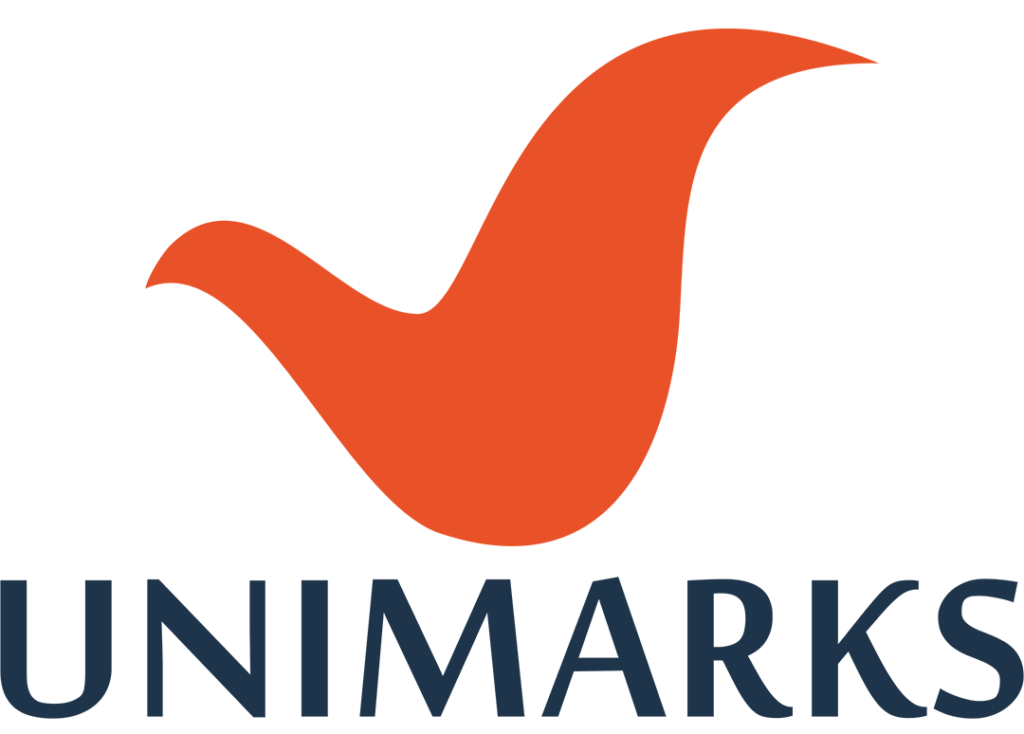A patent is a form of the intellectual property that gives its owner the full legal right to exclude other parties from making, using, selling, and importing a particular invention for a limited period of years, in exchange for publishing and enabling the public disclosure of the particular inventions. In most countries, patents fall under civil law and the patent holders need to sue someone who is infringing the patents in order to enforce his or her patent rights. In some industries patents are the essential form of competitive advantages; in others they are irrelevant. We have already made an article on the patenting procedure. So in this article, we will see the different types of patent searches. It is not commonly known by many inventors that there are varies types of patent searches and opinions depending upon the reason for the search.
Namely, there are four varieties of patent searches:
- Novelty (patentability)
- Freedom to Operate (FTO)
- Non-infringement
- Validity.
1. Novelty or Patentability Search
Novelty searches tend to be the most common search engine for patent-related searches. Simply stated, this type of search and opinion is conducted to determine the likelihood of getting a patent through the ‘Office of the Controller General of Patents, Designs & Trademarks’ (CGPDTM). The questions generally asked are whether the invention is patentable through the CGPDTM but does not ask if the invention is infringing any other patents in real life. Typically all startups or those with their new inventions would request a novelty search to determine if their invention is, in fact, distinctive or patentable and worth the time and money to pursue a patent which is a pretty long process. Further, the search can often yield vital information to the inventors such as the other competitors in their same work platform. The inventor must first clearly identify the inventions and then list out all the elements and the key aspects that they believe are a novel. Then a comprehensive search is conducted through the CGPDTM database for patents and publications, Google, etc., to determine whether any of the prior art found discloses the same resembling elements in either one patent, or even in multiple prior arts, if the combination as disclosed would render the invention obvious.
2. Freedom to Operate Search
A Freedom to Operate (FTO) search, or sometimes called a Clearance search, determines whether it would be prudent to commercialize the product in view of existing in-force patents. In other words, the FTO search would determine if the inventor is free to operate and commercialize the invention without the fear of getting sued for infringement. The focus of an FTO search and opinion is on the claim portion of the in-force patents found rather than the disclosure portion of the prior art as in a novelty search. For this reason, FTO searches tend to be much more complicated, time-intensive, and significantly more expensive typically costing in the thousands. Just like the novelty search, the inventor must clearly identify the inventions and list out all the elements and the key aspects that they believe in the novel. A searcher will conduct a comprehensive search by focusing only on in-force patents and published the patent application in the relevant jurisdictions. The patent attorney will then analyze all the given search results by specifically scrutinizing the independent claim for the relevant patents. The patent attorney would then assess if there is a literal infringement or any infringements under the Doctrine of Equivalents. The goal of the FTO search is to be hopefully determined that the inventor’s proposing the inventions does not infringe upon any of the patents found on the FTO search. If they do, the inventors can decide to abandon the commercialization of the proposed inventions, engage in the redesign, or approach the patent holder for possible licensing negotiations.
3. Non-infringement Opinion
Similar to the FTO search, a non-infringement opinion determines if the inventor’s proposed in the inventions which will infringe a particular patent. However, a non-infringement opinion is directed towards a specific patent or the patents that have been previously identified. A non-infringements opinion should be obtained with a new product, process, or technology which is created but is also known to be nearly similar to any existing patented product, process, technology, particularly in the instances where they are known competitors with the patents. The steps involved for a non-infringement opinion is very similar to the FTO search except, for one thing, no search is conducted because their patent at issue which has already been identified. And just as with the FTO opinion, the independent claims of the relevant patents which must be deconstructed and then analyzed element by element to the proposed inventions. If the inventor obtains the non-infringements opinion and then later in time issued for the patent infringements based upon the same patent that was analyzed in the non-infringement opinions, the court will consider the opinion and may negate the findings of the enhanced damages for the willful infringements which can often be “treble damages”– tripling the actual damages amount. This has been particularly significant in the light of the Supreme Court’s 2016 holding in the Halo Electronics, Inc. v. Pulse Electronics, Inc., et al. and Stryker Corporation, et al. v. Zimmer, Inc., et al. which was lowered to the burdens to damages in the patent infringement cases. The importance to be obtained in such a way that the opinions cannot be overstated.
4. Validity Search:
Validity searches are usually conducted in a few scenarios. It is initially requested by the potential defendant or a defendant in an actual patent infringement lawsuit who wishes to invalidate the patentee’s patents as a defence to the patent infringement. The goal is to determine whether the identified patent is actually valid or enforceable. A validity search and opinion may be used prior to the buying or licensing of certain patents to determine the strength of those patents. For example, if it turns out that the particular patent at issue is or can be invalidated, then the need to purchase or license the patent can be avoided. A validity opinion could also be used as due diligence prior to the merger or acquisition for purposes of evaluating an IP portfolio of a potential or actual target company.







